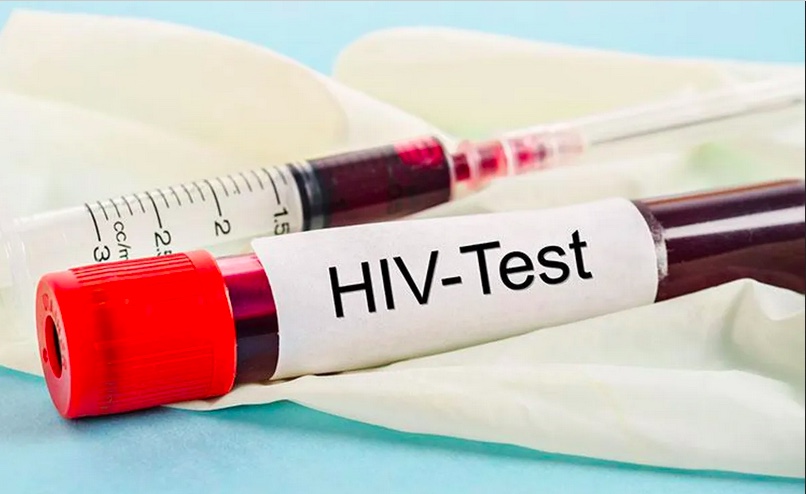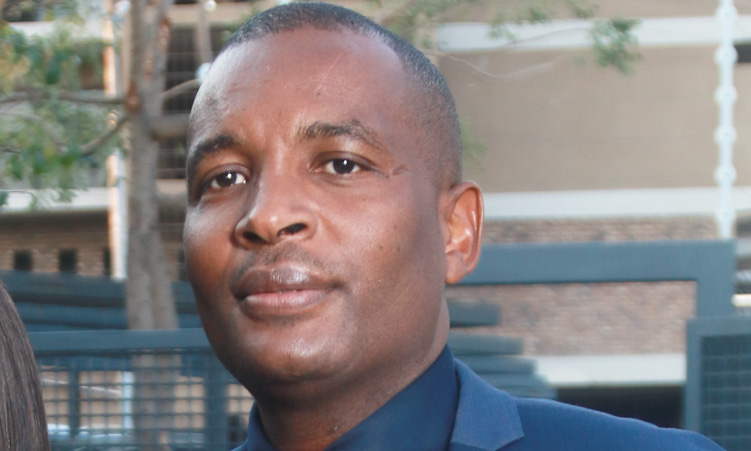Tswelopele C Moremi T he editorial in The Namibian of Friday 24 October 2008 refers.
It deals with a very topical issue and the newspaper should be complimented for having devoted an editorial to international trade relations and negotiations with the European Union (EU). I must, however, clarify certain factual matters and provide a more comprehensive picture of what was discussed and what I said.I am not from the SADC Secretariat.I am the Executive Secretary of the Southern African Customs Union (Sacu) which has its headquarters in Windhoek.The member states of Sacu are Botswana, Lesotho, Namibia, South Africa and Swaziland.Your editorial quotes me as having supported the views of Dr Elizabeth Pape, Head of the delegation of the European Commission (EC) in Namibia, with respect to certain statements uttered at the occasion of the Public Forum of last Wednesday, 22 October 2008 when the Economic Partnership Agreement with the EU and its impact on Southern Africa was debated.It is necessary to provide a more nuanced picture because sensitive regional and international trade issues and trade negotiations between certain SADC states and the EC are at stake.In response to the presentations, Dr Pape complained about the perception that the EU is undermining regional integration, whereas in fact it has contributed significantly to regional integration initiatives through financial support to regional organisations.I did support the point that the EU cannot be blamed for the choices made regarding the configuration of SADC states negotiating an Economic Partnership Agreement (EPA) with the EU because these have been decisions by sovereign states.I also recognised the substantial support the EU is providing towards regional institutions, including the Sacu Secretariat.However, the real threat to deeper regional integration in southern Africa flows largely from the direction and technical content of the present EPA negotiations.This is what concerns Sacu and we believe that the EU can contribute to resolving these concerns by showing more flexibility in the negotiations, thereby making sure that all five Sacu member states will become party to the final EPA, while also ensuring a more balanced approach in the EPA negotiations across the region.It was made abundantly clear during the presentations that technical issues and demands by the EU such as the automatic extension to the EC of future trade benefits given to third countries, export taxes, the integrity of the common external tariff of Sacu, the movement of goods between members of the proposed free trade area and infant industry protection are Sacu’s major concerns.Finally, I would like to point out that the relationship between the EC and African states is a longstanding one and is of major importance.The European Union is the main destination for the exports of Sacu member states.It is vital to conclude a balanced Economic Partnership Agreement which will accommodate local efforts to integrate our economies into the global economy via practical and effective regional integration policies.Sacu’s integration policies and the direction of trade negotiations with the EC should therefore be mutually supportive.Sacu’s concern is that they are not; at least not as reflected in the present negotiations.Moremi is the executive secretary of Windhoek-based Southern African Customs UnionI must, however, clarify certain factual matters and provide a more comprehensive picture of what was discussed and what I said.I am not from the SADC Secretariat.I am the Executive Secretary of the Southern African Customs Union (Sacu) which has its headquarters in Windhoek.The member states of Sacu are Botswana, Lesotho, Namibia, South Africa and Swaziland.Your editorial quotes me as having supported the views of Dr Elizabeth Pape, Head of the delegation of the European Commission (EC) in Namibia, with respect to certain statements uttered at the occasion of the Public Forum of last Wednesday, 22 October 2008 when the Economic Partnership Agreement with the EU and its impact on Southern Africa was debated.It is necessary to provide a more nuanced picture because sensitive regional and international trade issues and trade negotiations between certain SADC states and the EC are at stake.In response to the presentations, Dr Pape complained about the perception that the EU is undermining regional integration, whereas in fact it has contributed significantly to regional integration initiatives through financial support to regional organisations.I did support the point that the EU cannot be blamed for the choices made regarding the configuration of SADC states negotiating an Economic Partnership Agreement (EPA) with the EU because these have been decisions by sovereign states.I also recognised the substantial support the EU is providing towards regional institutions, including the Sacu Secretariat.However, the real threat to deeper regional integration in southern Africa flows largely from the direction and technical content of the present EPA negotiations.This is what concerns Sacu and we believe that the EU can contribute to resolving these concerns by showing more flexibility in the negotiations, thereby making sure that all five Sacu member states will become party to the final EPA, while also ensuring a more balanced approach in the EPA negotiations across the region.It was made abundantly clear during the presentations that technical issues and demands by the EU such as the automatic extension to the EC of future trade benefits given to third countries, export taxes, the integrity of the common external tariff of Sacu, the movement of goods between members of the proposed free trade area and infant industry protection are Sacu’s major concerns.Finally, I would like to point out that the relationship between the EC and African states is a longstanding one and is of major importance.The European Union is the main destination for the exports of Sacu member states.It is vital to conclude a balanced Economic Partnership Agreement which will accommodate local efforts to integrate our economies into the global economy via practical and effective regional integration policies.Sacu’s integration policies and the direction of trade negotiations with the EC should therefore be mutually supportive.Sacu’s concern is that they are not; at least not as reflected in the present negotiations.Moremi is the executive secretary of Windhoek-based Southern African Customs Union
Stay informed with The Namibian – your source for credible journalism. Get in-depth reporting and opinions for
only N$85 a month. Invest in journalism, invest in democracy –
Subscribe Now!






